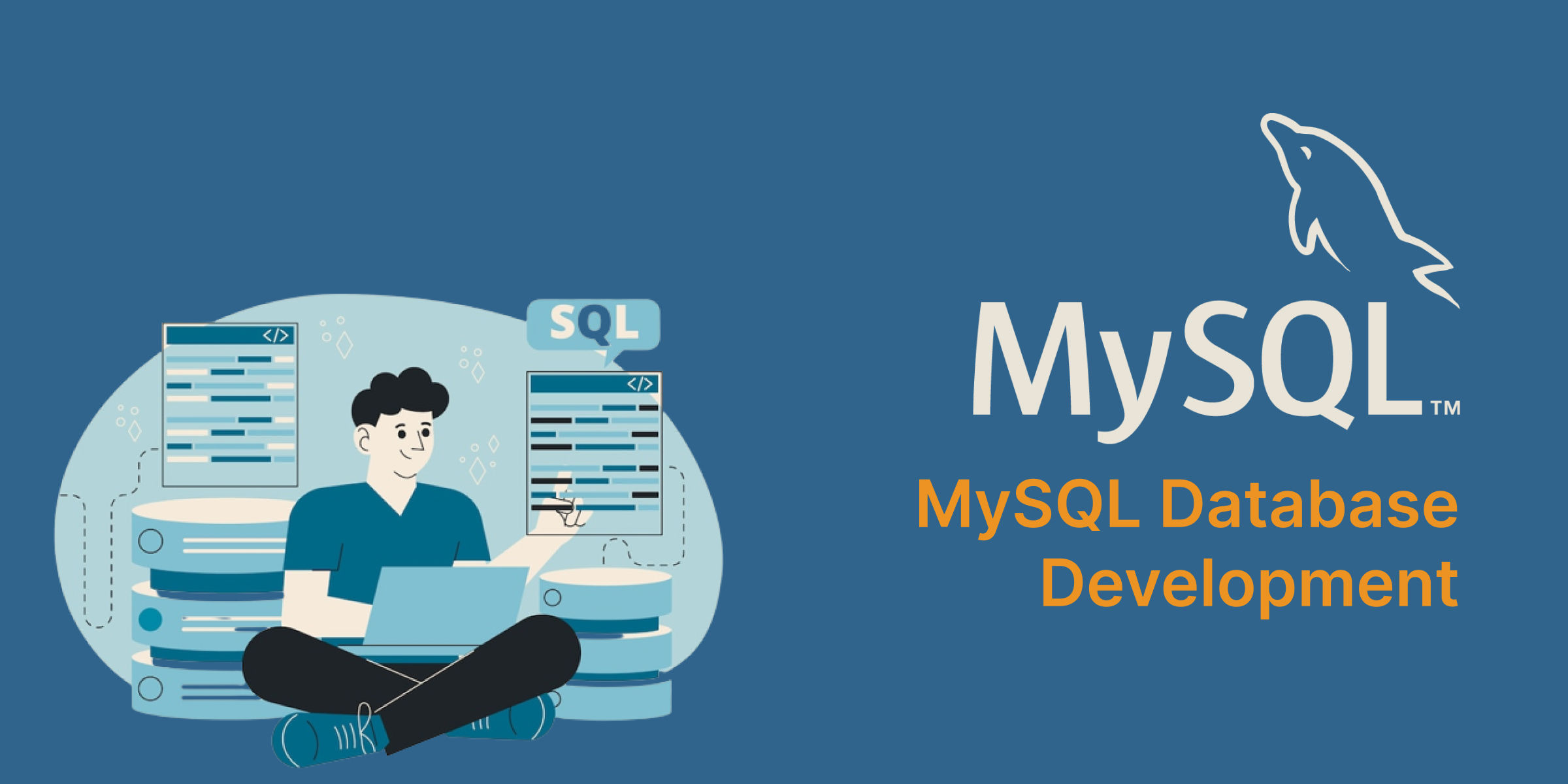MySQL: A Comprehensive Overview

“Software is a great combination between artistry and engineering.” -Bill Gates
MySQL — My Structured Query Language
MySQL stands as one of the most widely-used Relational Database Management Systems (RDBMS), developed by Oracle and grounded in the Structured Query Language (SQL). This open-source database solution offers a stable and powerful platform for efficient database management, connecting seamlessly with various software applications. From basic data structures to complex corporate networks, MySQL proves its versatility across a spectrum of applications.
Understanding Relational Databases
At its core, MySQL operates within the framework of relational databases, organizing data into tables comprised of rows and columns. This logical structure fosters efficient data management and facilitates relationships between different data elements. Renowned internet giants like Facebook, Flickr, and Twitter rely on MySQL's robust backend infrastructure for their critical operations.

Key Advantages of MySQL:
1. Widely Compatible: MySQL boasts extensive compatibility across different platforms and architectures. Whether deployed on Unix-based systems, Windows, or virtualized environments, MySQL seamlessly integrates with various technologies and programming interfaces. Its adaptability extends to migration tools, ensuring smooth data transfer across diverse storage systems.
2. Relational Database Architecture: MySQL's relational nature enables efficient data organization and retrieval. By structuring data into multiple tables with defined relationships, MySQL optimizes tasks such as data retrieval and updates, enhancing overall system performance.
3. Open-Source Nature: As an open-source solution, MySQL offers unparalleled flexibility for both individuals and enterprises. Users can freely modify and expand upon MySQL's code base, while commercial licensing options from Oracle provide additional flexibility for businesses. The collaborative nature of open-source development ensures continuous improvement and robust community support.
4. User-Friendly Interface: Despite its relational model, MySQL prioritizes usability, supporting a wide range of data structures and offering intuitive tools for server management and data analysis. Its extensive feature set caters to diverse user needs, making it accessible to both novice and experienced users alike.
Key Features of MySQL
1. Data Security: MySQL's reputation for security and reliability makes it a preferred choice for popular web applications, ensuring the integrity and confidentiality of sensitive data.
2. Scalability: MySQL offers unparalleled scalability, catering to diverse database server requirements, from small-scale applications to massive data warehouses.
3. High Performance: With its efficient storage-engine framework, MySQL delivers optimal performance for demanding applications, including full-text indexing and memory caching for enhanced speed.
4. Uptime Assurance: MySQL guarantees round-the-clock uptime, supported by high-availability solutions such as cluster servers and replication configurations.
5. Transactional Support: MySQL excels in transactional support, ensuring data integrity through features like atomicity, consistency, isolation, and durability (ACID properties), along with robust deadlock identification mechanisms.
6. Workflow Control: MySQL streamlines database management with self-management features, automating tasks such as space expansion, configuration, and data administration.
7. Cost-Effectiveness: By leveraging MySQL, enterprises can reduce total cost of ownership through improved reliability, streamlined maintenance, and enhanced performance.
8. Flexibility of Open Source: MySQL's open-source nature facilitates agile development and maintenance, accelerating debugging, upgrades, and customization for large-scale projects.
Consult us for free?
View More


